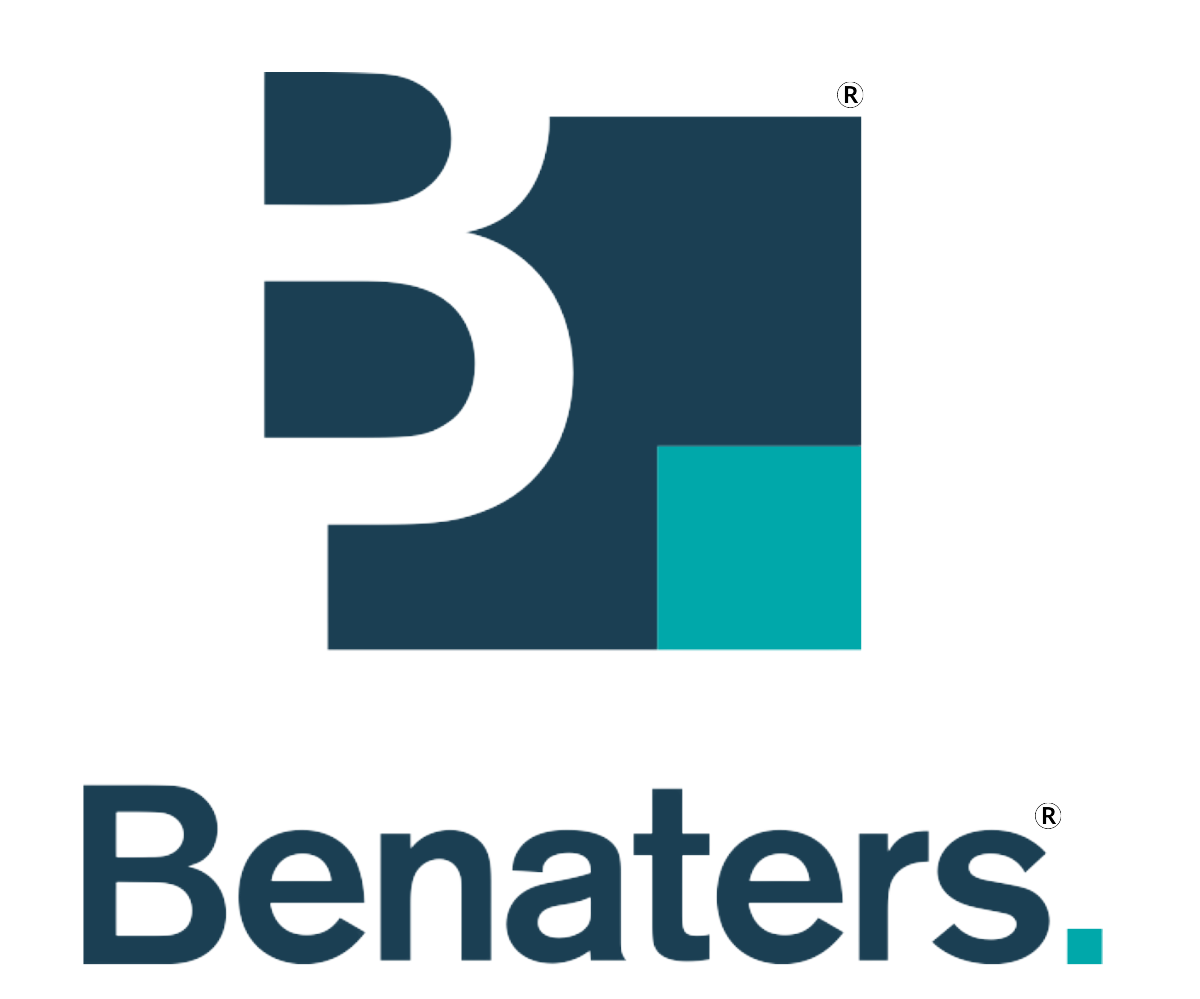The Greatest Guide To Conveyancer
The Greatest Guide To Conveyancer
Blog Article
The Greatest Guide To Conveyancer
Table of ContentsThe 8-Minute Rule for ConveyancerConveyancer Fundamentals ExplainedThe 8-Second Trick For ConveyancerSome Known Details About Conveyancer
The expenses are levied based on the Law Culture's tariff standards. A Conveyancer must: Whatsoever times shield the rate of interest of his/her clients and based on the signed Sale Contract; Keep all celebrations informed of the progression on their transaction and educate both parties of the conveyancing treatment and processes; Encourage the parties on the problems of the Sale Agreement, particularly concerning suspensive problems and obligations; Encourage the seller on the cancellation of his bond, any kind of penalties, notification durations and other management costs which may influence the settlement figure; Get the seller's composed guidelines before he/she, as the Conveyancer, problems any kind of guarantees in regard of the purchase; Do everything in his/her power to sign up the purchase on or as close as possible to the day agreed to in the Sale Contract; Suggest both parties on their responsibilities in regards to their Sale Agreement, so as to make sure that the transfer is not delayed unnecessarily; Meet with both celebrations to sign the suitable documentation associating to the deal Prepare the deeds for lodgement with the utmost care, so regarding make certain that they minimise the threat of a denial of the documentation by the appropriate Actions Pc registry; Notify both events of the transfer on the day of enrollment; Account to both events for funds associating with the transaction within two/ three days following successful registration of the transaction in the applicable Deeds Computer registry.It belongs to your conveyancer's task to collaborate a settlement time with the opposite's legal representative, throughout which time the property is officially negotiated and all paperwork and cheques are handed over. Upon negotiation, your conveyancer will certainly make call with you and/or your genuine estate agent to confirm settlement and permit for tricks to be handed over.
No one wants to experience a demanding or frustrating circumstance when you ought to simply be excited for your next action. This is where conveyancing can assist the process to relocate along properly. The function of a building conveyancer is to handle this legal procedure of moving the ownership and title of a residential or commercial property from the vendor to the purchaser.
But attorneys typically have an array of areas they have experience in, with conveyancing maybe being a field they do not practise in often. find more information The benefit of making use of a residential property conveyancer is that home transactions are what they bring out regularly. They comprehend the process in and out and are really knowledgeable about it, making certain all relevant documentation is provided and the process is exact and timely.
Facts About Conveyancer Revealed

Nevertheless, selecting an option for nothing else factor than it's less expensive could create a lot more issues in the long-term with an imprecise or ineffective service. Seek a taken care of price solution so you understand exactly what the procedure will cost you and whether it suits your organized budget. Suggestions from buddies or family members, or checking out on-line evaluations can additionally be beneficial in finding a knowledgeable and effective conveyancer.

Conveyancing lawyers and licensed conveyancers both manage the conveyancing process. Conveyancer. Nevertheless, their specialist backgrounds differ. A conveyancing lawyer is a person who is a completely certified lawyer (as a member of the Legislation Culture) and that specialises in conveyancing. A residential property lawyer will generally often tend to have experience in various other legal areas as well.

Some Known Questions About Conveyancer.
They liaise with different parties, including the estate agent, vendor's conveyancer, and neighborhood authorities. Working with an expert can save both time and prospective legal difficulties. Though it's possible to carry out conveyancing work independently, several pick the security of expert guidance. The conveyancing process starts when an offer on a property is approved.
The buyer's lawyer will make certain the purchaser is informed concerning the documents and lawful responsibilities. This stage includes explaining the conveyancing prices and detailing the property details form. Being notified can prevent unpredicted issues as the procedure unfolds. Residential property searches serve a function in the conveyancing procedure. The buyer's lawyer organises these checks to reveal prospective issues with the residential property.
Regional authorities could give understanding right into close-by future advancements that may impact the building's value. A residential or commercial property's title actions represent a historical document of its possession.
Not known Facts About Conveyancer
As soon as an offer is approved, the seller's solicitor prepares a draft agreement. This contract pack consists of important documents like the residential or commercial property information kind, the leasehold info form, and the installations and materials develop. The buyer's conveyancer examines these to make certain all the documents follows assumptions. At this phase, home law considerations arise, from common access civil liberties to what fixtures come with the building.
Conversely, if the seller withdraws, they face fines. Both parties agree on a conclusion date complying with the exchange - Conveyancer. On now, the buyer pays the staying equilibrium, and the vendor transfers the property keys. There's commonly a gap between exchange and completion for purchasers to settle information or make arrangements.
Report this page